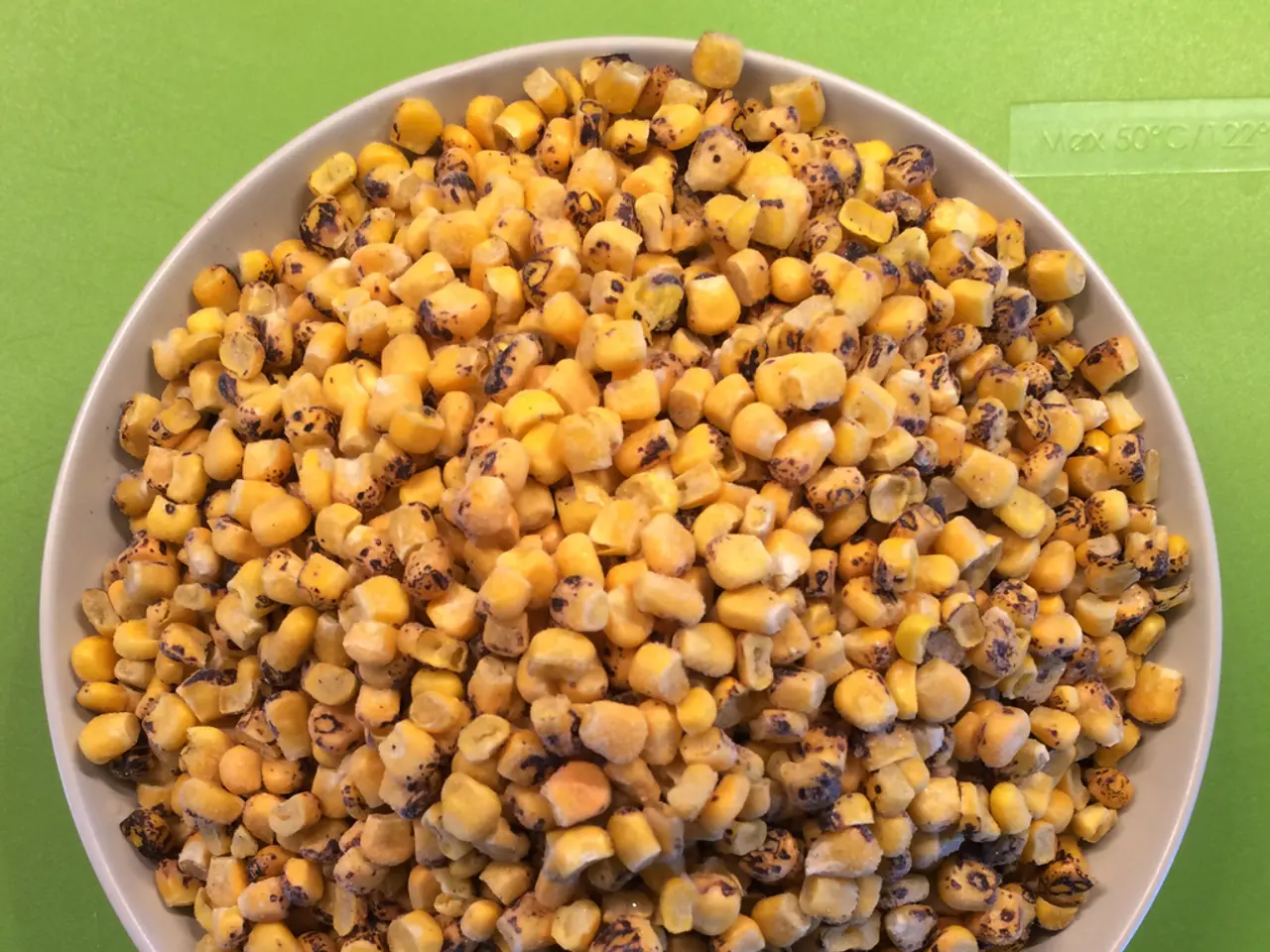Expanded wheat seed market to reach USD 8.5 billion by 2034 predicted
The global wheat seeds market is on an upward trajectory, driven by factors such as increasing demand for food security, technological advancements in seed quality, and expanding cultivation areas due to a rising global population and consumption.
A key player in this market is Bread Wheat, a staple wheat type worldwide, widely used in bread, chapatis, and bakery products. In 2024, Bread Wheat secured a 67.3% share of the global wheat seeds market.
Initiatives like India's increased Minimum Support Price (MSP) for wheat and China's approval of gene-edited crops, including wheat, are encouraging farmers in the APAC region to adopt improved seed varieties. This region holds a significant 47.3% share of the wheat seeds market, valued at approximately USD 2.6 billion in 2024.
Agrovegetal SA, a Spanish seed company, is developing high-yielding, drought-resistant wheat varieties for Mediterranean climates. Innovations like precision agriculture and hybrid seeds are also helping farmers boost productivity while addressing challenges like climate change and limited farmland.
UPL, through its subsidiary Advanta Seeds, has launched high-protein wheat seed varieties to meet the growing demand for nutritious grains. UPL has also expanded its wheat seed portfolio with bio-stimulant-treated seeds that enhance germination and stress tolerance.
Other significant players in the market include BASF and Bayer. BASF has developed new fungicide-treated wheat seeds under its "Vitala" brand to enhance disease control and crop resilience. Bayer's wheat seed division has introduced short-straw hybrid wheat varieties to reduce lodging risks and improve yield potential. BASF is also investing in CRISPR gene-editing technology to create high-efficiency wheat seeds with better stress adaptation.
The Food segment led the global wheat seeds market in 2024, accounting for 48.6% of the market share. Open-Pollinated Varieties and Hybrid Derivatives are favored for their affordability, adaptability, and ability to save seeds for reuse, capturing a 78.9% share of the global wheat seeds market in 2024.
The growth of the wheat seeds market not only supports global food supply but also plays a critical role in economic development, poverty alleviation, and trade dynamics, especially in developing economies where agriculture is a cornerstone sector. This growth enhances food security, boosts farmer incomes, stimulates agricultural value chains, encourages rural development, and reduces reliance on imports and vulnerability to global price shocks.
The market is projected to reach USD 8.5 billion by 2034, growing at a CAGR of 4.3% from 2025 to 2034. This growth, coupled with the rising global demand for food and advancements in seed technology, will continue to foster sustainable farming and contribute to the economic development of many nations.
Finance plays a crucial role in the growth of the wheat seeds market, as investments are made in technological advancements, research, and development of new seed varieties.
The expansion of the wheat seeds market not only benefits businesses involved in agriculture and food-and-drink industries, but also contributes to a rising standard of lifestyle by ensuring food security and stimulating economic growth in various nations.




